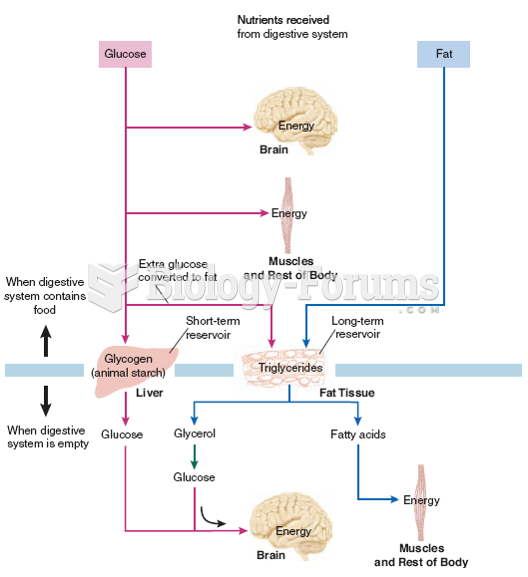Answer to Question 1
e
Answer to Question 2
A QUESTION OF ETHICS
1. One cannot escape the suspicion that Willis realized that his use of the inside in-formation was, at a minimum, unethical. More than perhaps any other members of the medical profession, psychiatrists, due to the nature of their profession, have a duty to hold information communicated to them by clients in the strictest confidence. Furthermore, one in Willis's posi-tion could not help but know that the information imported by Weill was sensitive, even though Mrs. Weill did not label the information confidential when she discussed it with him. In short, given both the nature of the relationship between Weill and Willis and the nature of the infor-mation being imparted by Weill, most people would likely conclude that Willis had an ethical duty to his client, Weill, to keep the information confidential.
The second part of this question involves whether Willis breached that duty by acting on the information to gain a personal advantage. The court concluded that he had. From a purely ethical point of view, even though Willis had not noised abroad the information, he did reveal it to a third partyhis stockbroker. That act alone constituted a breach of his ethical duty to keep the information confidential.
2. It would seem unlikely that Willis's individual investment, in itself, would be harmful to Weill's interests. It is conceivable, however, that even by telling just one other personthe stockbrokerWillis might have caused Weill's husband and/or BankAmerica to eventually learn (because the stockbroker could have informed others) that Weill had leaked the information, which would be harmful to Weill's reputation and her husband's stature. Certainly, if Weill ever learned that the inside information reached a third party, her relationship with Willis would be strained and possibly terminated, and this could cause her to lose the benefits of that relationship. The key question here is whether harm to a client's interests is required for a professional's disclosure of confidential information to be deemed unethical behavior. In addressing this question, you need to consider the reason why certain professionals are charged with a duty to keep client communications confidential. That reason is, of course, to protect the client's interests. The minute confidential information is disclosed to a third party, its confidentiality is jeopardized because further disclosure is beyond the control of the professional.
3. One could simply argue that it would be basically unfair to allow other personssimply because they have no direct duty to the shareholders of the company whose stock is being tradedto derive a personal benefit by trading on information that was wrongfully obtained (misappropriated) in the first place.







